Case Summary: Raffles v. Wichelhaus (1864) 2 Hurl & C 906
Case Introduction
This case established the principle that a contract is void if there is no "meeting of the minds" (consensus ad idem). It deals with mutual mistake, where both parties misunderstood an essential contract term.
Facts
- Mr. Raffles (seller) agreed to sell Surat cotton to Mr. Wichelhaus (buyer).
- The cotton was to be delivered by a ship named "Peerless" from Bombay to Liverpool.
- However, two ships named "Peerless" existed:
- One sailing in October (which the buyer expected).
- One sailing in December (which the seller referred to).
- When the December ship arrived, the buyer refused to pay, claiming the delivery was late.
Issue
Was there a valid contract between the parties?
Judgment
- The court declared the contract void due to mutual mistake.
- Since both parties had different understandings of an essential term (which ship), there was no agreement or meeting of the minds.
- The objective test confirmed that a reasonable person could not determine which ship was agreed upon, making the contract unenforceable.
Application to Indian Law
- Under Section 20 of the Indian Contract Act, 1872, if both parties are under a mistake of fact essential to the contract, the agreement is void.
- Since both Raffles and Wichelhaus had a different understanding of an essential term, this case aligns with Indian law on mutual mistake.
Significance
- ✅ Clarifies that contracts require a clear "meeting of the minds".
- ✅ Confirms that mutual mistakes on essential terms make contracts void.
- ✅ Applicable under Section 20 of the Indian Contract Act, 1872.
Share
Related Post
Tags
Archive
Popular & Recent Post


Online Poll
Do whales live in the ocean?










































































































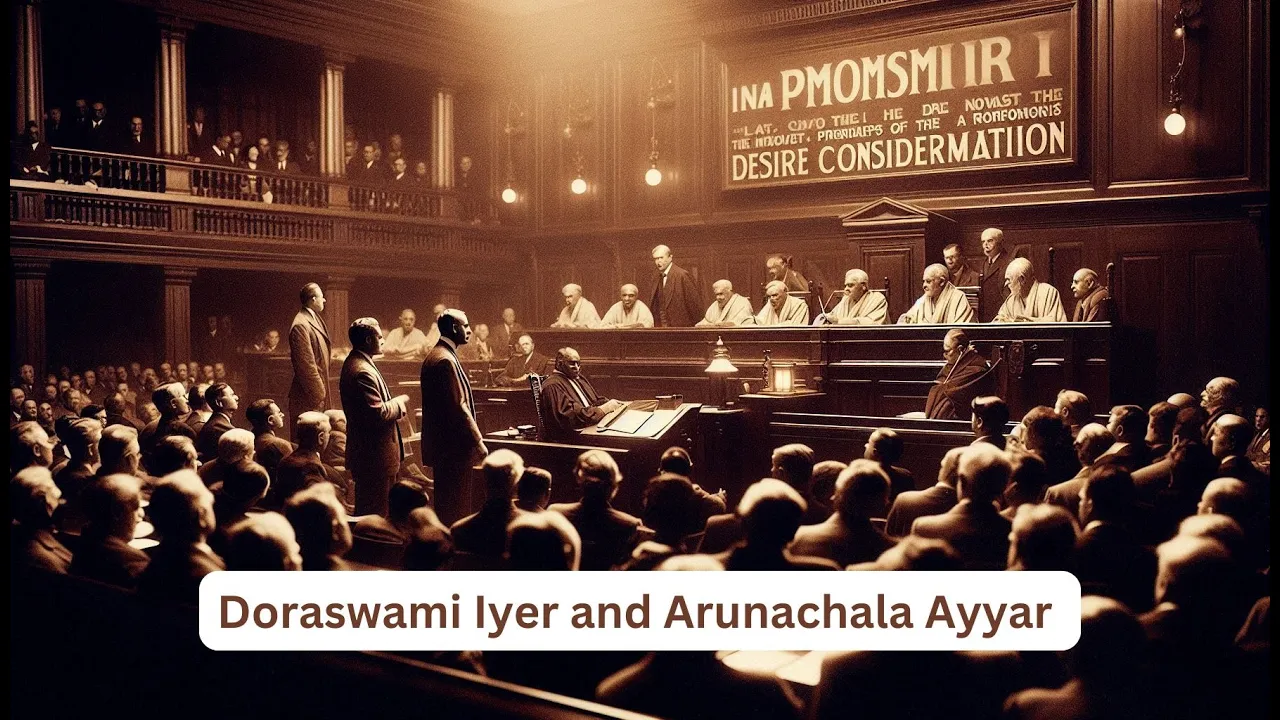



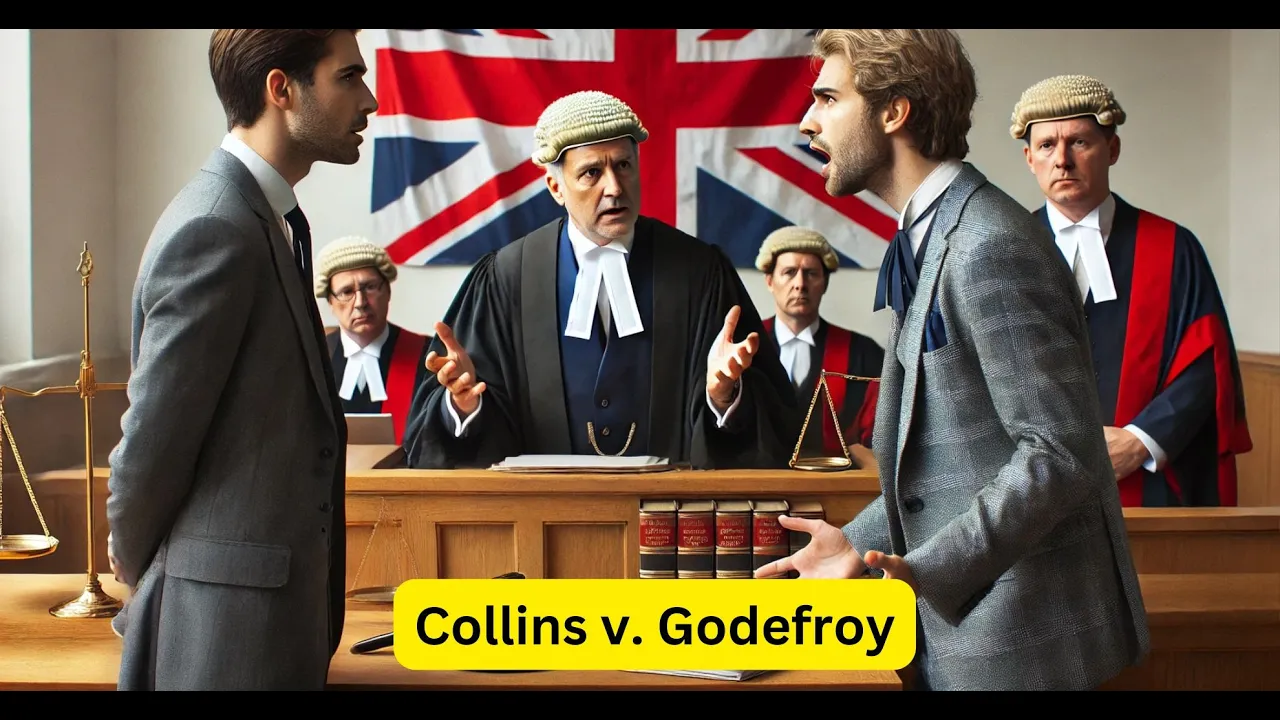
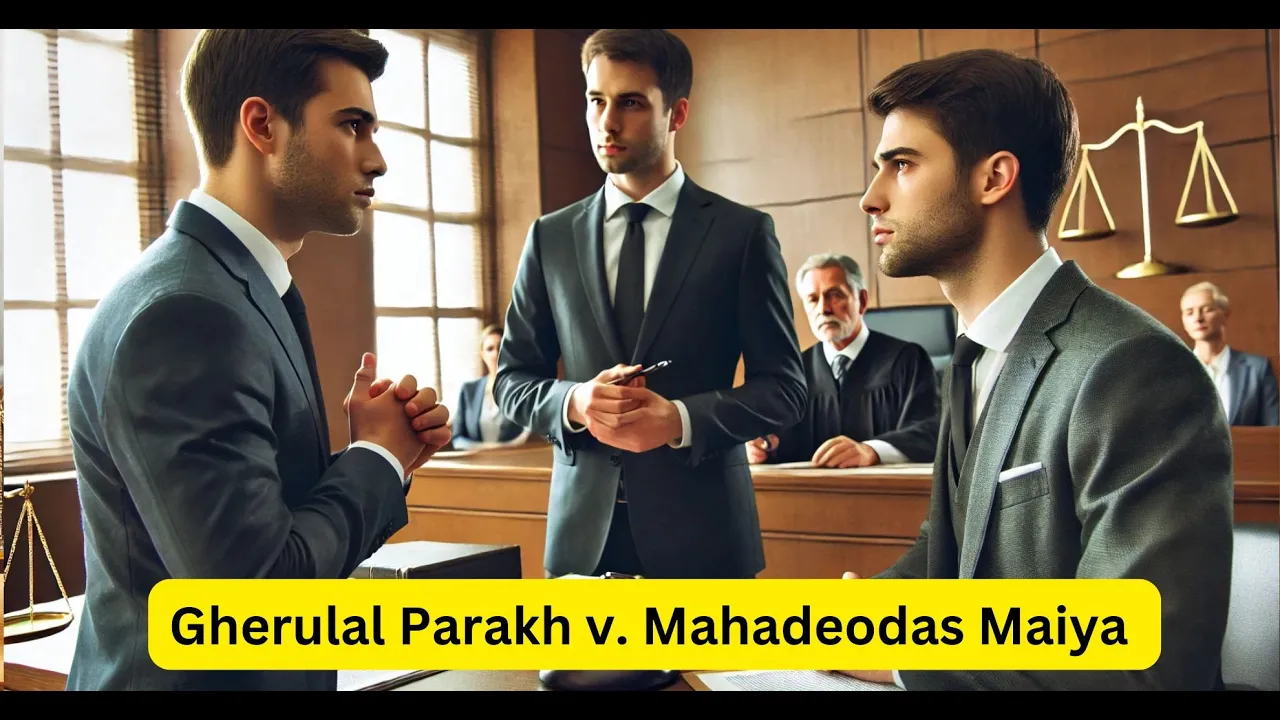
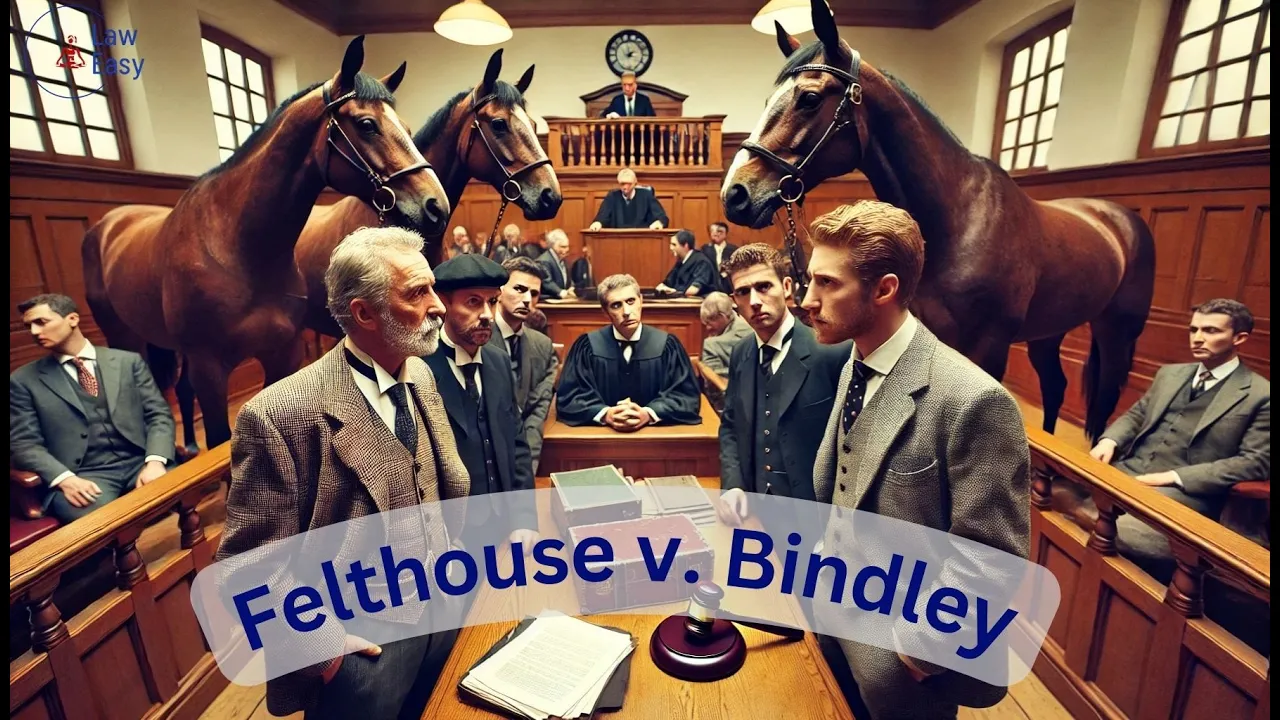
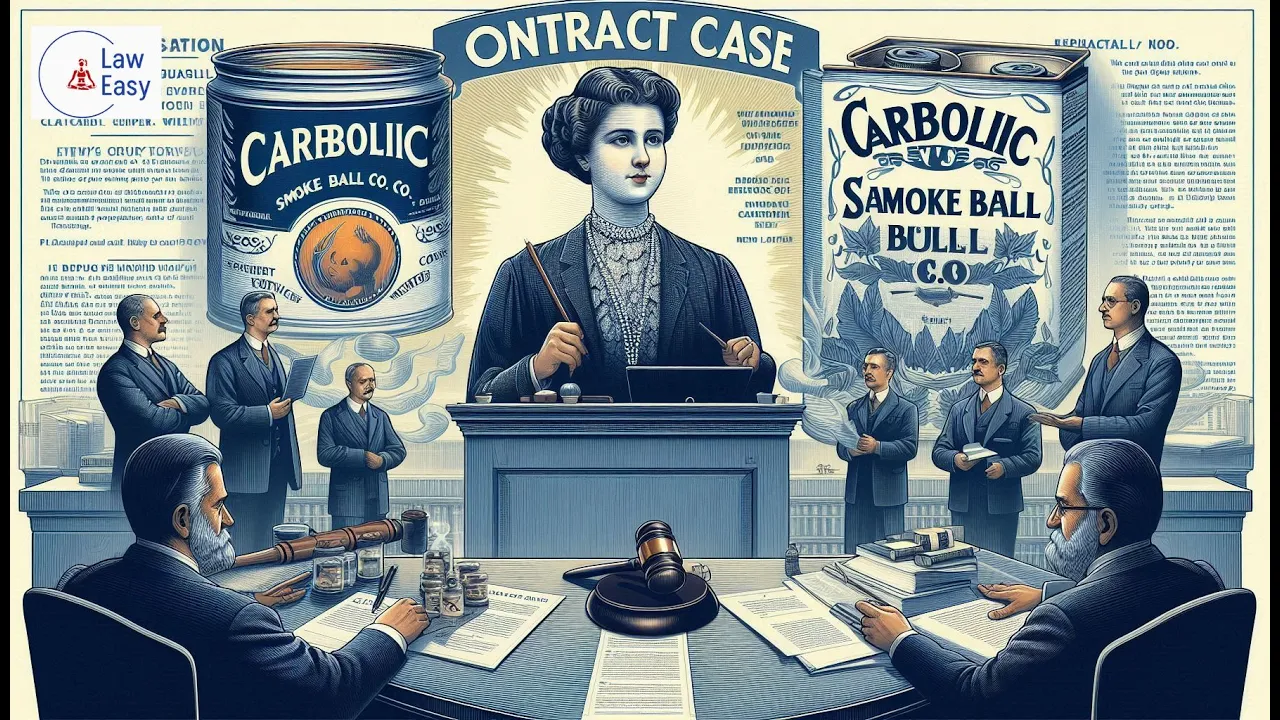
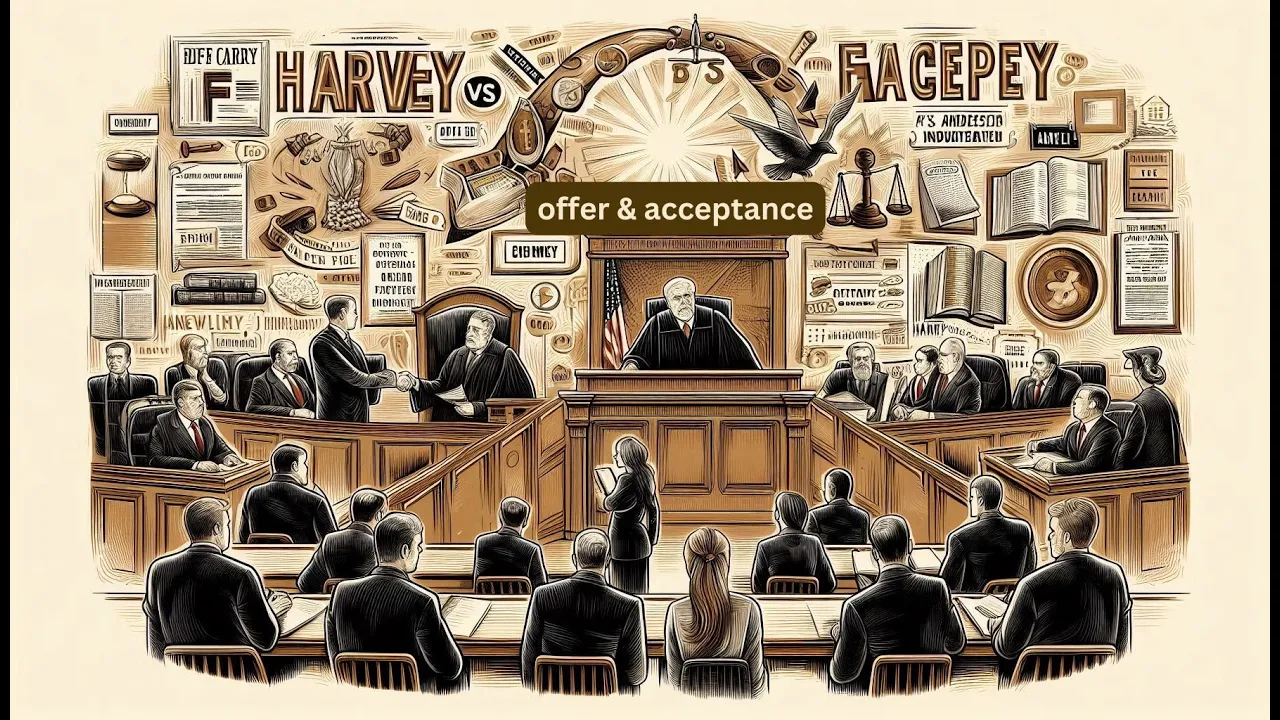




































































































Comment
Nothing for now